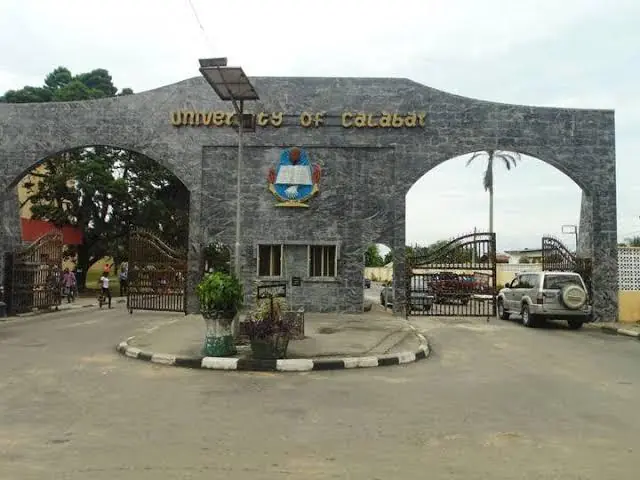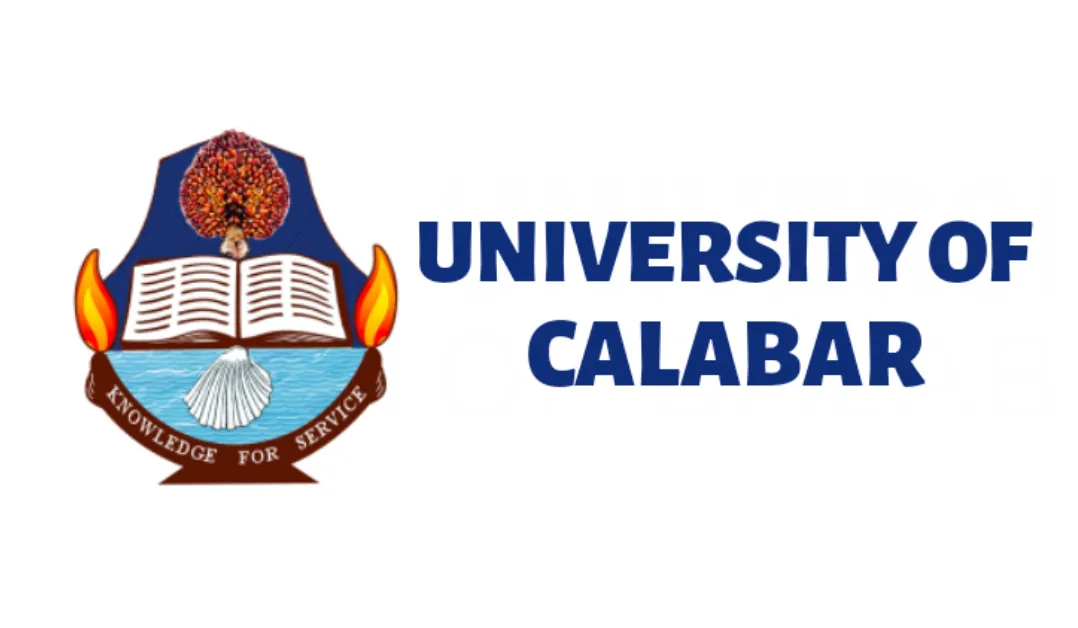The University of Calabar (UniCal) finds itself at the center of a storm that has exposed the dark underbelly of Nigeria’s higher education system. Vice Chancellor Prof. Florence Banku Obi has made a bold promise: she will resolve the dentistry induction crisis that has left hundreds of students stranded within a few months. This commitment comes after a scandal that has shaken public confidence in university administration and raised serious questions about accountability in Nigeria’s educational institutions.
The Heart of the Crisis
The crisis at UniCal is not just an administrative error—it is a betrayal of trust that has destroyed the dreams of hundreds of young Nigerians. For years, the university knowingly admitted far more students into its dentistry program than it was authorized to take. While the Medical and Dental Council of Nigeria (MDCN) had approved a quota of just 10 students per year, UniCal was admitting up to 127 students in some years.
This was not an accident or a one-time mistake. It was a systematic violation of regulations that went on for years, creating a crisis that was always going to explode eventually. The university collected fees, made promises, and allowed students to believe they were working toward legitimate degrees, all while knowing that the program could not deliver on its commitments.
The Human Cost
Behind every statistic in this crisis is a human story of shattered dreams and wasted years. Students who spent five, six, or even seven years studying dentistry now face the possibility that their degrees may be worthless. Some are in their final year, having invested everything in their education, only to be told that their program may not be recognized.
The financial cost is staggering. Families have spent millions of naira on tuition, accommodation, and other expenses, money that many cannot afford to lose. But the emotional cost is even higher. These students chose dentistry as their career, invested years of their lives in their studies, and now face an uncertain future.
The university’s response has been particularly cruel. Instead of taking responsibility, some officials have suggested that students should “learn a trade” or pursue other careers. This dismissive attitude shows a fundamental misunderstanding of the crisis they have created.
“We invested our dreams, our money, and our future in this program. The university cannot just wash its hands of us now. They created this crisis, and they must find a solution.”
— A final-year dentistry student
The Failure of Leadership
Prof. Florence Obi’s promise to resolve the crisis within a few months is welcome, but it also raises questions about how this situation was allowed to develop in the first place. The university’s leadership knew about the quota violations, yet they continued to admit students year after year. This suggests a failure of leadership that goes beyond simple administrative incompetence.
The crisis reveals a system where short-term financial gain was prioritized over long-term academic integrity. The university was essentially running a Ponzi scheme, using new student fees to sustain a program that was never properly accredited. This is not just poor management; it is a fundamental breach of trust between the university and its students.

The Broader Implications
The UniCal crisis is not an isolated incident—it is a symptom of deeper problems in Nigeria’s higher education system. Universities across the country are struggling with funding, inadequate facilities, and pressure to generate revenue. This has created an environment where some institutions are willing to cut corners and bend rules to stay afloat.
The fact that this crisis went undetected for so long also raises questions about regulatory oversight. Where was the MDCN? Where were the other bodies responsible for monitoring university programs? The failure to catch this problem earlier suggests that the entire system needs reform.
What Needs to Happen
Prof. Obi’s promise to resolve the crisis within a few months is ambitious, but it will require more than good intentions. The university must first acknowledge its responsibility for creating this situation. It cannot simply blame regulatory bodies or external factors—it must own up to its failures.
Second, the university must develop a concrete plan for helping the affected students. This might include negotiating with other institutions to accept transfer students, working with the MDCN to find alternative pathways to qualification, or providing financial compensation for damages.
Third, there must be accountability. The officials responsible for creating this crisis must face consequences. Without accountability, there is no guarantee that similar problems will not occur in the future.
The Test of Leadership
Prof. Obi’s response to this crisis will define her legacy as Vice Chancellor. She has inherited a problem that was not of her making, but how she handles it will determine whether she is remembered as a leader who stood up for students or one who tried to minimize the damage to the institution’s reputation.
The crisis is also a test for the broader Nigerian education system. Will other universities learn from UniCal’s mistakes? Will regulatory bodies strengthen their oversight? Will the government take steps to prevent similar problems in the future?

The Path Forward
Resolving this crisis will require more than administrative fixes—it will require a fundamental shift in how universities operate. Institutions must prioritize academic integrity over financial gain, transparency over secrecy, and student welfare over institutional reputation.
The affected students deserve better than empty promises. They deserve concrete action, clear timelines, and genuine commitment to finding solutions. They also deserve assurance that their voices will be heard and their interests will be protected throughout this process.
Conclusion
The UniCal dentistry crisis is a wake-up call for Nigeria’s higher education system. It shows what happens when institutions prioritize profit over purpose, when regulation fails, and when students are treated as revenue sources rather than human beings with dreams and aspirations.
Prof. Obi’s promise to resolve this crisis within a few months is a step in the right direction, but actions will speak louder than words. The hundreds of students affected by this scandal are watching, waiting, and hoping that their university will finally do right by them. Their future depends on it.
Stay woke. Stay tuned. Stay with AKEWE NEWS.